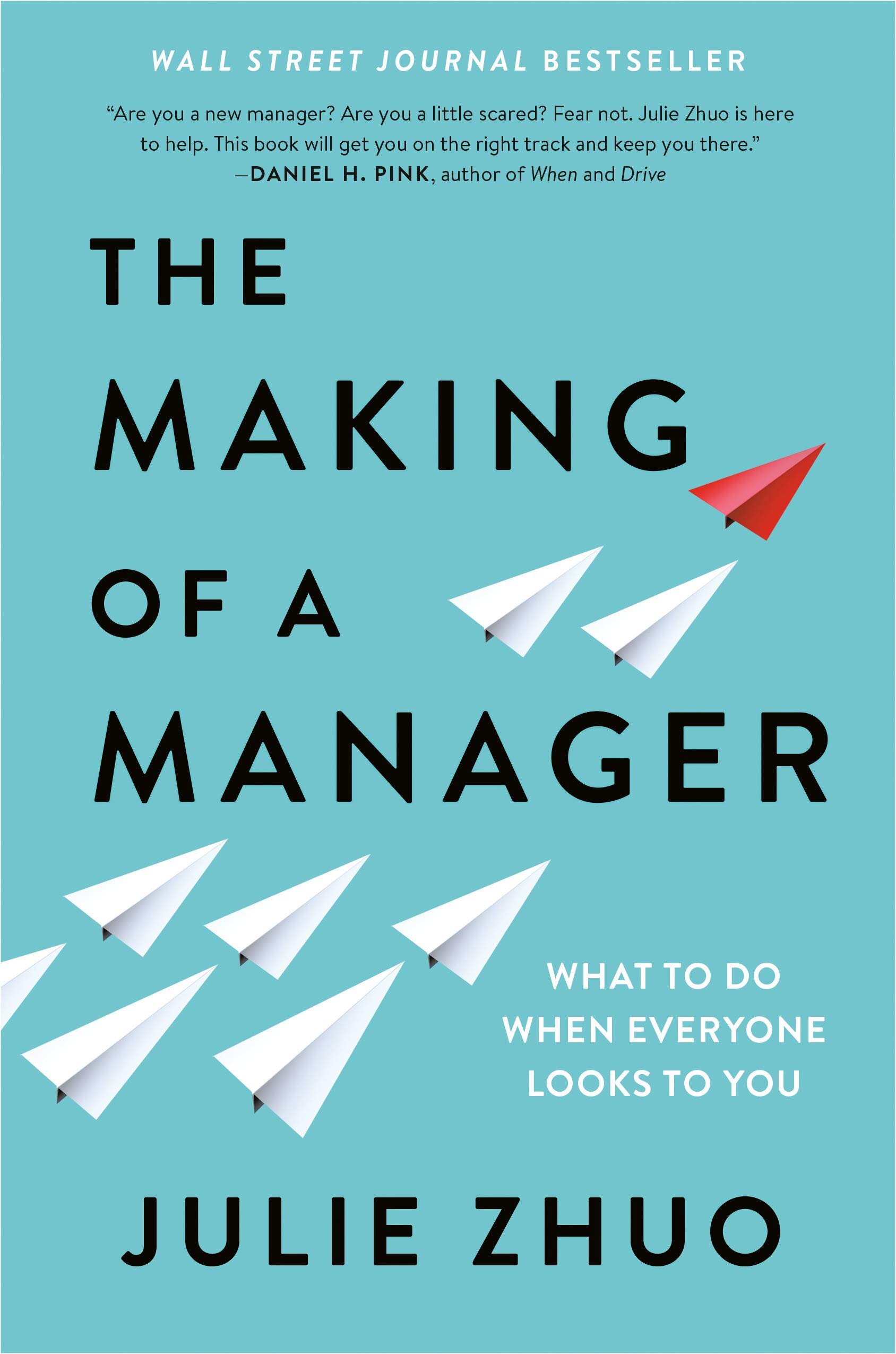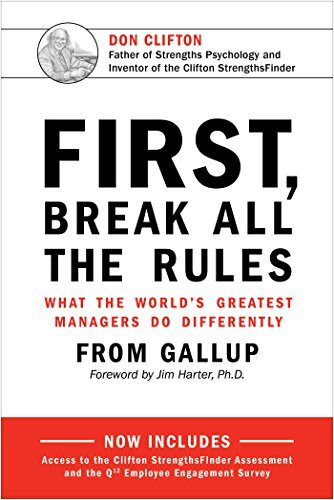The Song of Significance: A New Manifesto for Teams by Seth Godin
Date read: 5/23/24. Recommendation: 8/10.
Our work matters. And the old way of working built upon mechanizing people, redundant tasks, “management,” and compliance, are no longer serving us. As Godin discusses, we’re all faced with a choice in how we approach leadership and our work: do we want to lead, create work that matters, and build alongside people who care? This is the song of significance. It’s up to us to create the conditions for both ourselves and others to pursue meaningful work through trust, agency, and dignity. Check out my notes below or Amazon for details and reviews.
My Notes:
The choice is ours:
Decision we are all faced with: “To lead, to create work that matters, and to find the magic that happens when we are lucky enough to cocreate with people who care.” Seth Godin
Best job factors:
In a survey of 10,000 people describing the conditions of the best job they ever had, the top four characteristics were: 1) I surprised myself with what I could accomplish, 2) I could work independently, 3) The team built something important, 4) People treated me with respect.
People want agency and dignity.
Song of significance:
Work that matters, creating a difference, being part of something, and doing work we’re proud of.
“This is what motivates people to do the work that can’t be automated, mechanized, or outsourced.” Seth Godin
“Work is the expression of our energy and our dreams.” Seth Godin
“Bigger isn’t the goal, better is.” Seth Godin
The most valuable skills:
“What companies need has shifted, and suddenly. Instead of cheap labor to do the semiautomated tasks that machines can’t do (yet), organizations now seek two apparently scarce resources: creativity and humanity. Both skills involve dealing with other humans, creating strategies, and finding insights in a fast-moving world.” Seth Godin
“The planet does not need more successful people, but it does desperately need more peacemakers, healers, restorers, storytellers, and lovers of every kind.” David Orr
Management vs. leadership:
“We shouldn’t be doing management to our employees. If we’re good, though, we might be able to do it with them.” Seth Godin
“You tell me where you’re going and what you need. You make promises about your commitment and skills development. I’ll show up to illuminate, question, answer, spar with, and challenge you. I’ll work tirelessly to make sure you’re part of a team of people who are ready to care as much as you do.” Seth Godin
“Management runs a race to the bottom; leadership offers a chance to run for the top.” Seth Godin
Create conditions for other people to do work that matters: “Leadership is the art of creating something significant.” Seth Godin
“If you want to lead, you’ll need to be trusted. One way to do that is to make promises openly and consistently—and then keep them.” Seth Godin
Conforming:
Racking up meaningless points: “Work and school and our leisure time are becoming an endless hamster wheel, with small treats doled out for behaviors that feed corporations, not our souls.” Seth Godin
“How many followers do you have online? How much can you fit in? Here’s today’s dot, go stand on it.” Seth Godin
Disrupt yourself:
“What got us here isn’t going to get us there.” Seth Godin
Microsoft, under Steve Ballmer, chose convenience over significance and nearly rendered themselves obsolete.
“The people you hire to follow instructions are rarely the people who will help you build something of innovation and substance.” Seth Godin
“Great work creates more value than compliant work.” Seth Godin
“Those who say it cannot be done should not interrupt those who are doing it.” Kathrin Jansen
Our job is to dance with fear: “And dancing with fear requires significance, tension, and the belief that we’re doing something that matters.” Seth Godin
“Change is the essence of work. Industrialism fears change; significant organizations cause it.” Seth Godin
“We don’t apologize for change because change is the point.” Seth Godin
Tension:
“Without tension, we wait. Without a deadline, we meander. Without urgency, it’s easier to stall.” Seth Godin
“Tension is not something to avoid. You can’t walk outside on a sunny day without casting a shadow, and you cannot create significant without encountering tension.” Seth Godin
“Significance is inconvenient.” Seth Godin
“You don’t need more time. You simply need to decide.” Seth Godin
Trust:
Joni Mitchell worked with Jaco Pastorius and Herbie Hancock on her breakthrough album, Mingus. Herbie asked Jaco if they were supposed to play the music as it was written. “She wants you to paint. That’s something you can do, Herbie. Paint.”
“Jaco and Herbie brought genius to that record. And Joni brought the guys to provide large blanks for them to paint.” Seth Godin
“Culture that is based on goodwill and connection is more resilient, faster moving, and more productive than one that is based on mystery, selfishness, and power. Don’t hoard. Don’t hoard information, interoperability, access, or love.” Seth Godin





